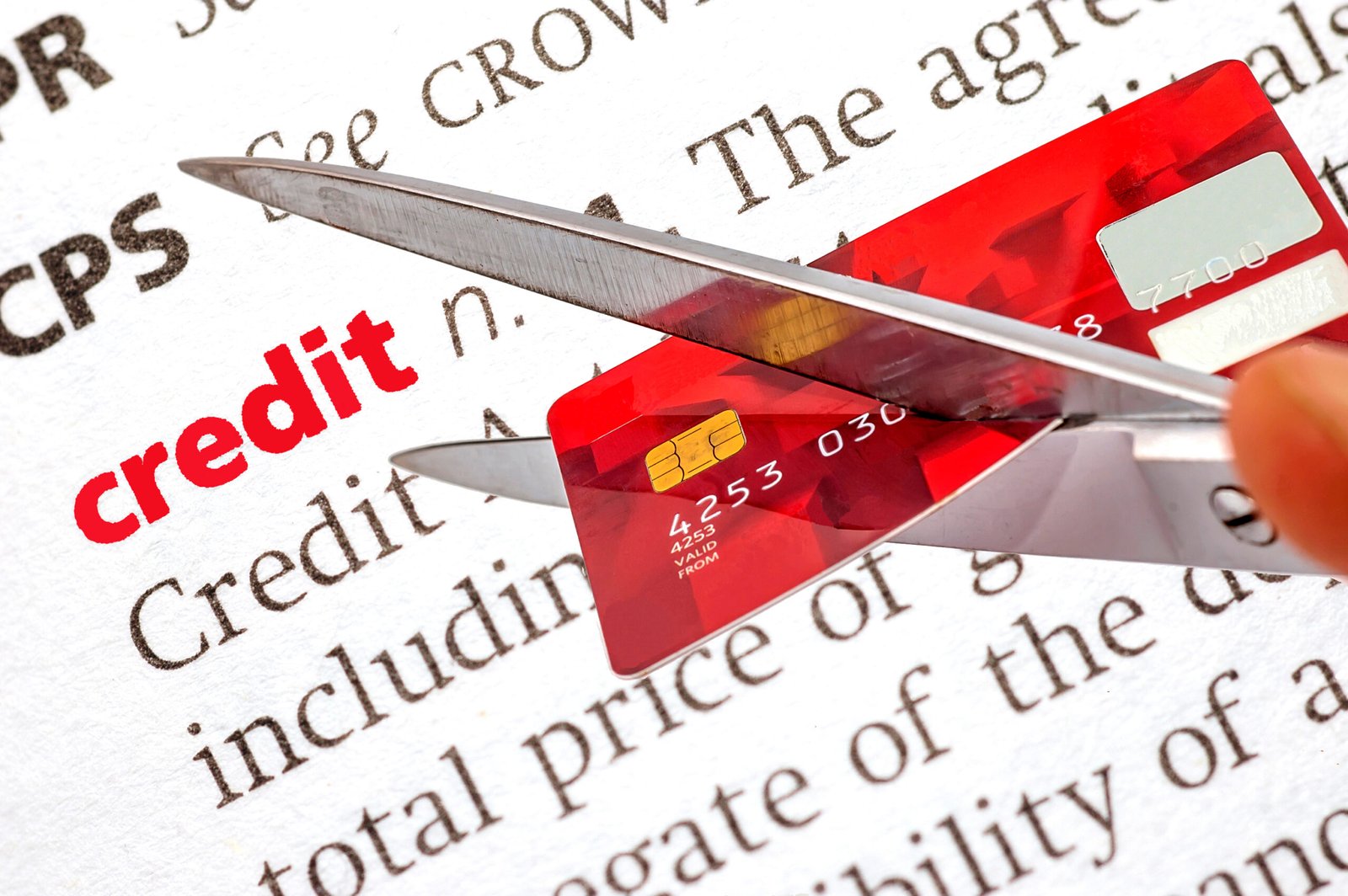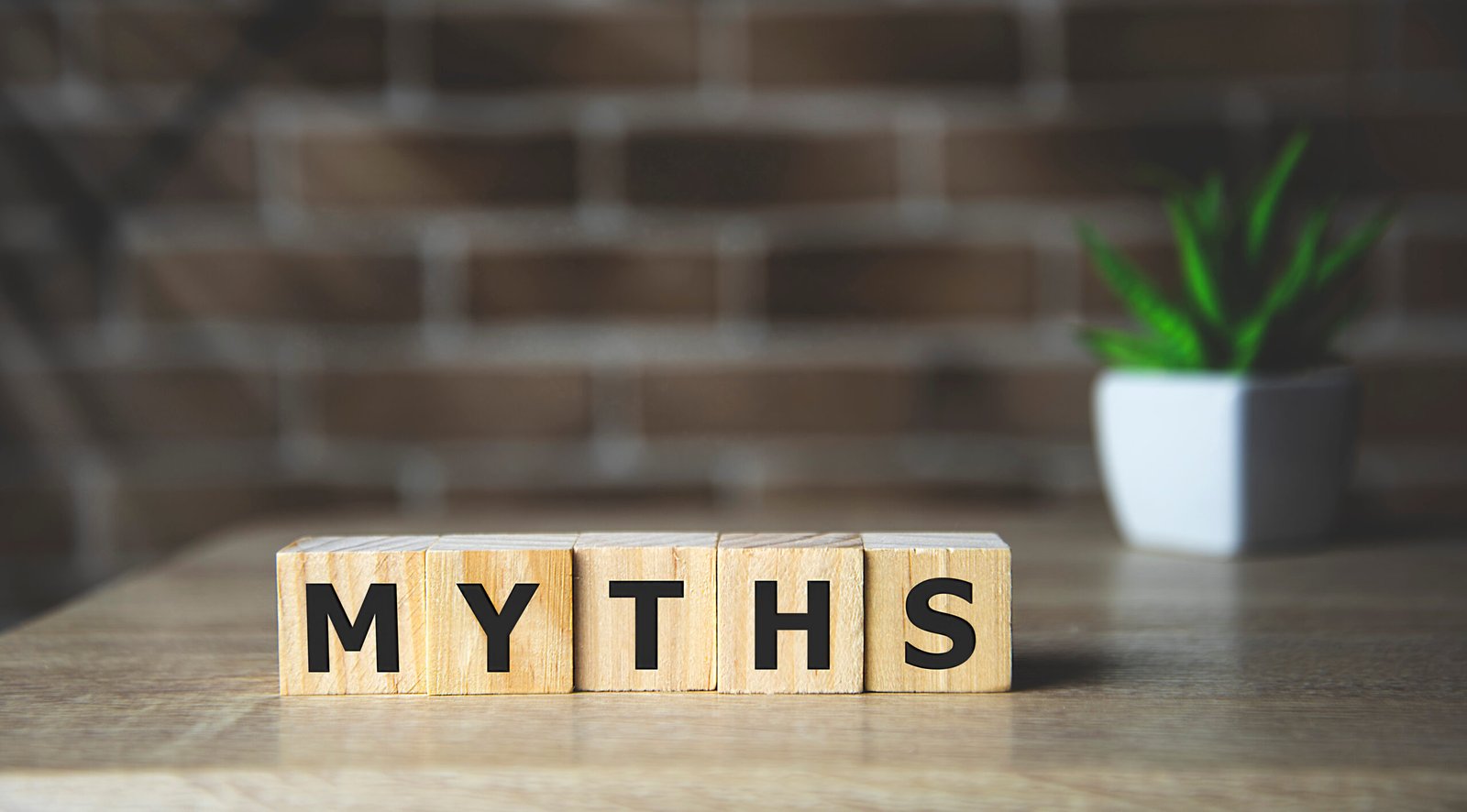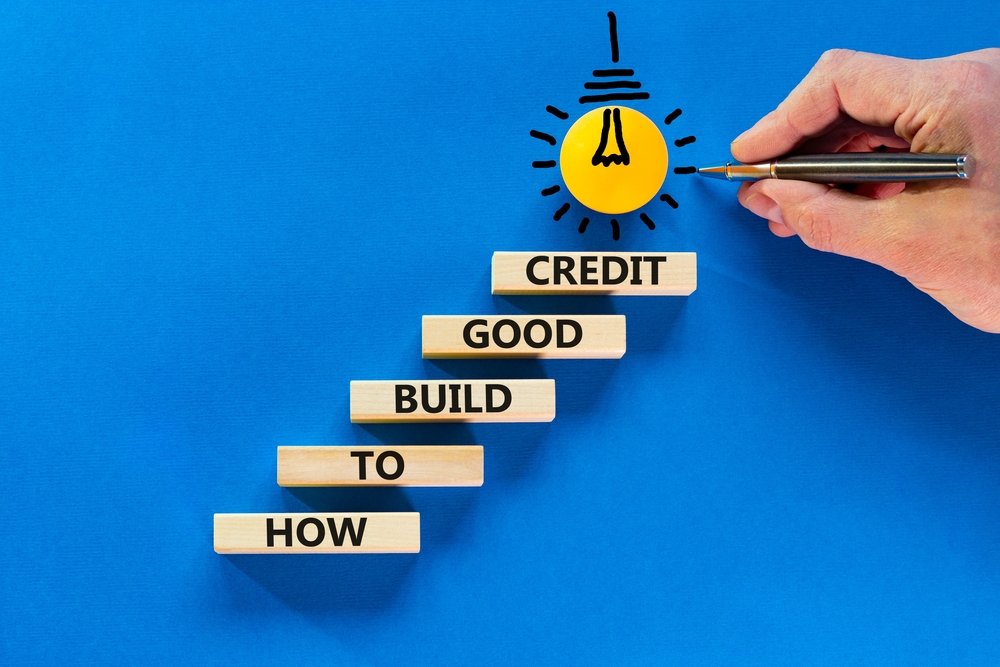Did you sign up for a department store credit card years ago for the enticing discount or extra bonus points? The offers for these types of cards are seemingly everywhere. While it is not a good idea to open one wherever you shop, it is good to know that these cards that are left in good standing can help your score even if you hardly use them. It is also important to note that you should be aware of which cards you have open along with ensuring you are paying any open balances.
If you are curious if those old credit cards you have in your wallet that you no longer use are affecting your score, the answer is yes. They do have an impact on your score but not necessarily in the negative way that you might think. Most people believe old accounts that are in good standing but not in use are hurting their credit score when in fact it may be doing the opposite.
Understanding Your Credit History
A major contributing factor to your current credit score is your credit history. While that includes information on payments on all your credit accounts and any missed or late payments and outstanding balances, including any accounts you no longer use but are left open. Closed accounts will eventually disappear off of your reports along with any negative history but that can take up to 7 years. Closed accounts that were in good standing can remain on your report for up to 10 years. If you have negative items that are affecting your score on open or closed accounts, you can get help from credit repair companies such as Lexington Law or Sky Blue Credit Repair that know how to leverage consumer protection laws to help people have these items properly removed.
If you close a credit card that you have had for several years and made payments on time, it will only continue to report positively on your report for a limited number of years. If you keep the account open even if you no longer use it regularly, it will positively affect your score as long as it remains open with a $0 or low balance that is paid on time monthly. The history of that card is important and it will also contribute to your overall credit utilization ratio.
Credit scoring models used when determining your score often consider your credit utilization rate and can impact up to 30% of your credit score. If you have a low utilization rate, it typically means you are relying less on credit and lenders see this as an indication that you are not overspending and managing your credit wisely. Closing existing accounts can have an affect on your utilization rate as you are reducing your total credit limit.
Credit Monitoring
Knowing what credit cards you have open is also equally important. It is good to monitor your open lines of credit to make certain you are making payments on time along with ensuring there is no suspicious activity going on. Identity theft and inaccurate items being reported on credit reports happens often so knowing what is going on with your credit is vital. We recommend these reputable credit monitoring services that include identity theft protection and insurance. These companies will keep an eye on your accounts for you and notify you of any suspicious activity.
If you have had issues with fraud on your credit, it is good to understand how to protect yourself. Repercussions of identity theft can also have lasting impacts to your credit. Knowing when to put a freeze on your credit is also a great way to protect yourself. “Freezing” your credit prevents fraudsters from using your personal information to open new accounts or make transactions that require a credit check.
Bottom Line: While it may seem like a good idea to close out old credit accounts, consider your history with those cards, know what you have open and do your research to see if canceling those open lines of credit is the best option for you.









